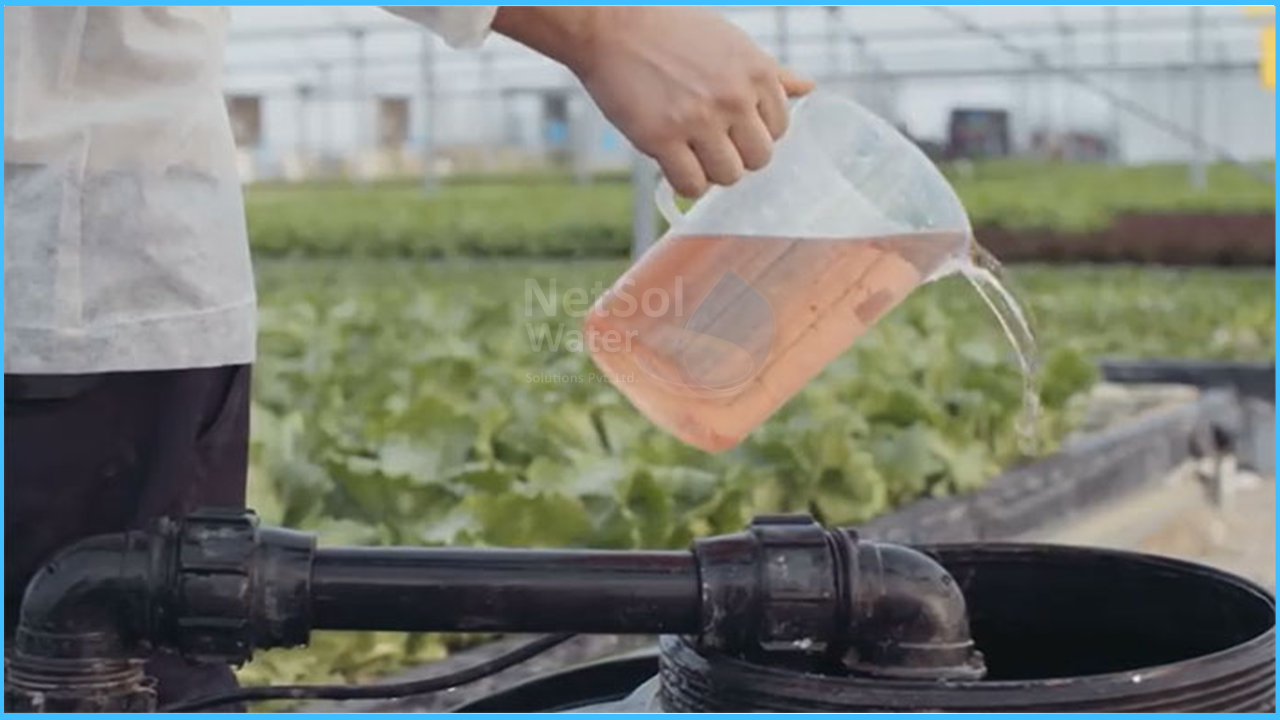Do you think tap water is safe? Do you think you don't need a reverse osmosis filter? Think again! According to a new study, many people around the world use water contaminated with plastic fibres. Many people do not know how serious the presence of plastic fibres in tap water is. This water is used not only for cleaning and washing, but also for cooking and drinking in many homes. It is possible to drink plastic fibre that can make you and your family sick or very sick.
This problem is a big problem in the world because the pollution rate in the world is very high. For e.g., In USA, tap water taken from popular locations such as the Trump Tower and convention buildings, which are the headquarters of the US Environmental Protection Agency, was also heavily polluted, so political leaders as well as the general public need to worry.
Global Issues
The presence of synthetic fibres is a serious global threat from water pollution, as countries such as India and Lebanon also face high concentrations. The UK, France and Germany have lower levels of pollution by comparison, but their leaders also need to take steps to prevent future generations. The average number of plastic fibres present in each 500 ml sample was 1.9 in Europe and 4.8 in the United States.
It is not recommended to wait
Those who think that there is no concrete study on side effects, especially the health effects of plastic fibres in water, have sufficient evidence that this pollution is damaging to wildlife. You need to be careful. Research has shown that plastic fibres can turn toxic when it enters the body of animals. If it can harm wildlife, how can people expect it won`t harm them? Remember the good old saying “Prevention is better than care” and start taking steps like installing reverse osmosis systems to filter water. Don`t wait for more research (which we do need desperately) on whether microplastics harm health or not.
Triple Threat
Another threat worth mentioning is that microplastics often attract bacteria that are present in wastewater. Contamination with microplastics as well as water has been seen for many years, but strict measures have not yet been taken to prevent it. In 2015, researchers in Paris discovered that microplastics were falling from the air. Another study in Germany revealed that fibres and fragments are present not only in beer, but also in sugar and honey.
There are many causes of microtissue development, but some of the easily identifiable causes are the daily wear of carpets and clothing.
Bottled water the answer?
No, bottled water is not a solution as it is not only very expensive, but also not absolutely certain. Studies of bottled water have shown that microplastics are also found in commercial water bottles.
Real Answer: Controlling Plastic Waste
The absolute sure answer to this new form of pollution is to dispose of plastic waste responsibly. Approximately 300 million tonnes of plastic are produced annually, with only 20% being incinerated or recycled. That is, most pollute the ocean, land, and even air. According to one report, 8.3 billion tonnes of plastic were produced between the 1950s and 2017, and researchers warned that plastic waste was ubiquitous in the environment. The need for plastic cannot be ruled out, but we need to create a system that responsibly disposes of plastic waste so that it does not get into the air we breathe or the water we drink.
Water filtration is the best option we have
Currently the only available solution that can largely control this problem is to rely on reverse osmosis technology to purify tap water. This clear liquid form passes through the membrane. If you live in a highly polluted area, you will need a filter with multiple stages. Not even homeowners / users, but all traders should be aware that the products they sell can also be contaminated. Therefore, you should consider investing in some industrial or commercial reverse osmosis equipment.
We at Netsol’s provide the best RO solution for plastic fibres pollution of water.




